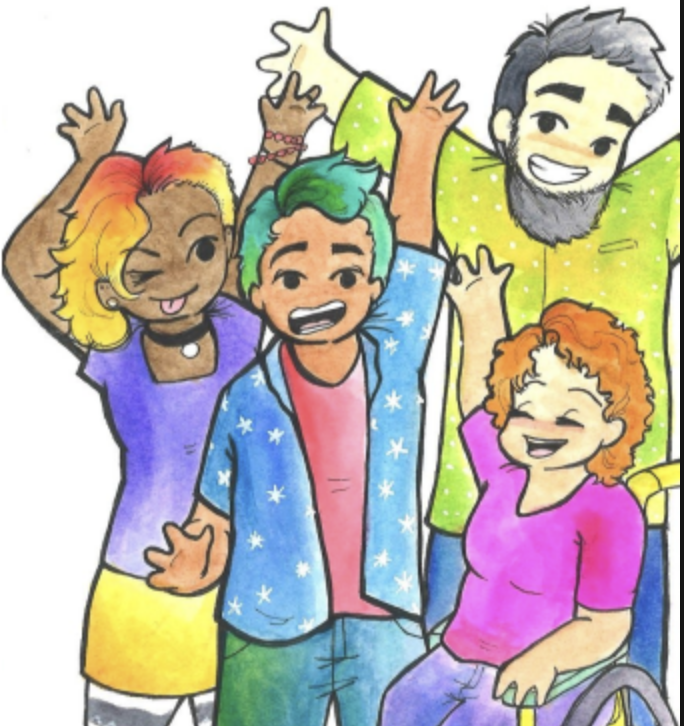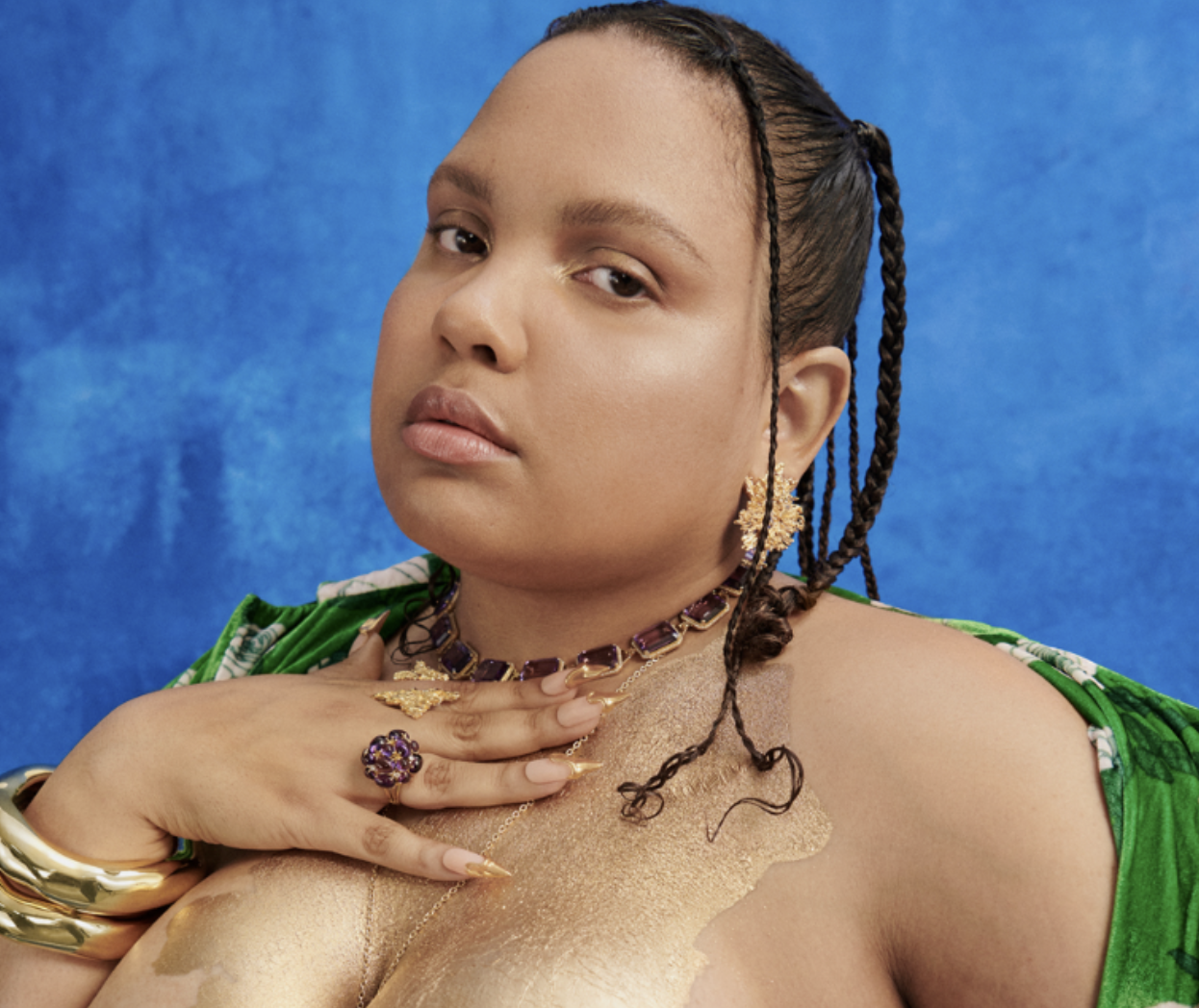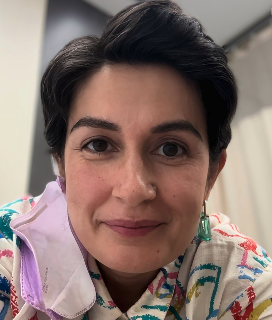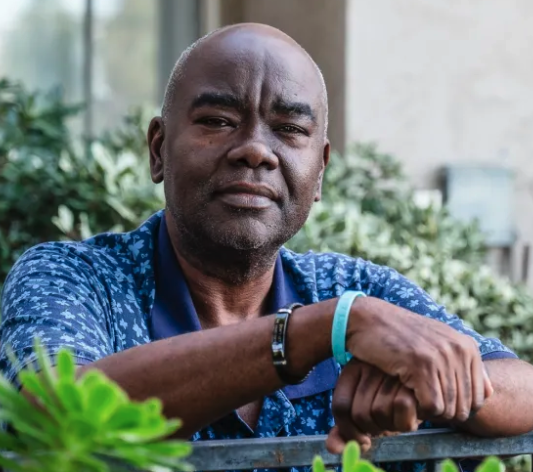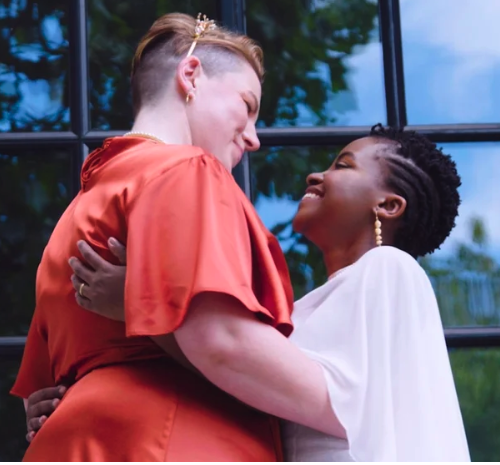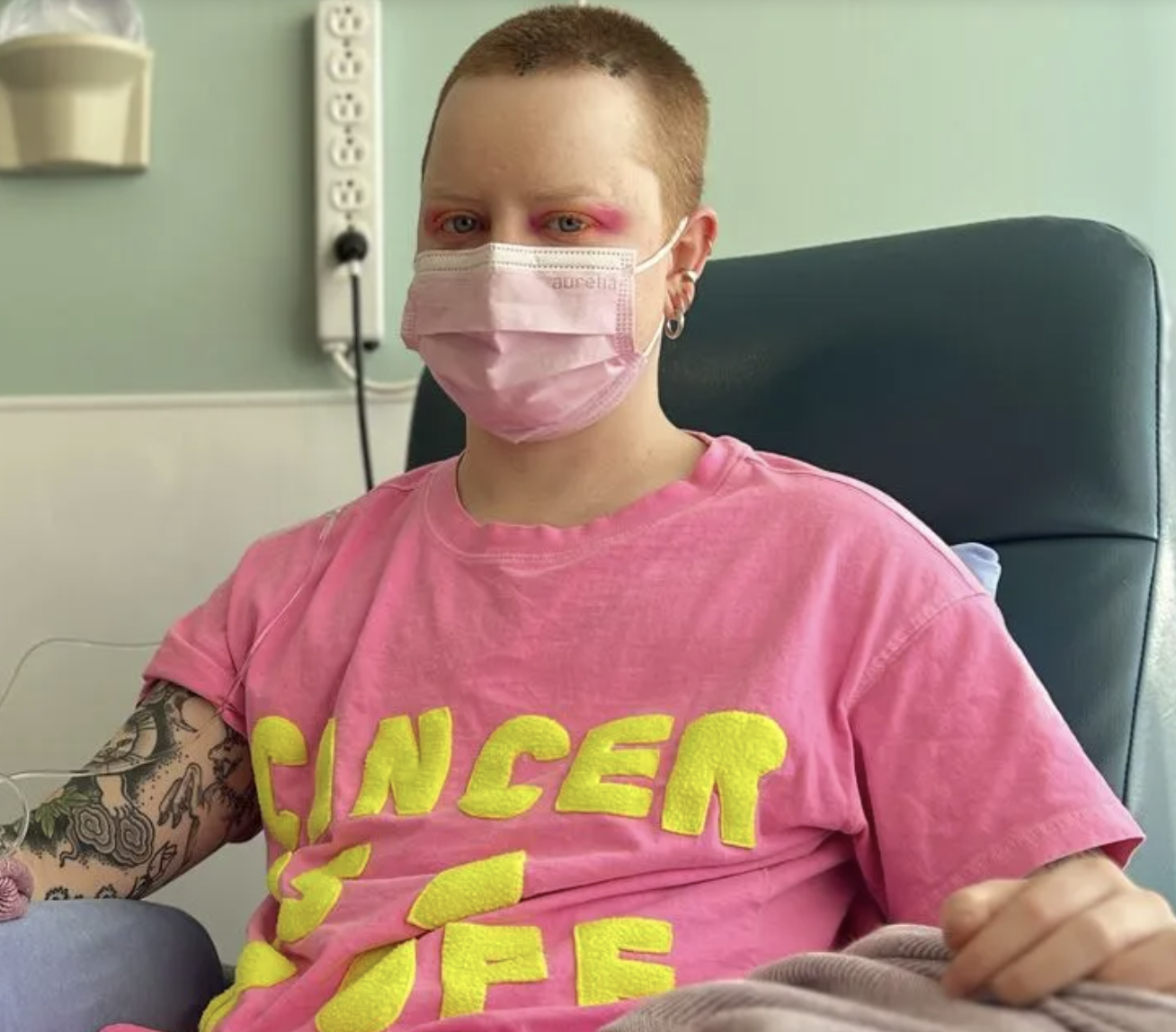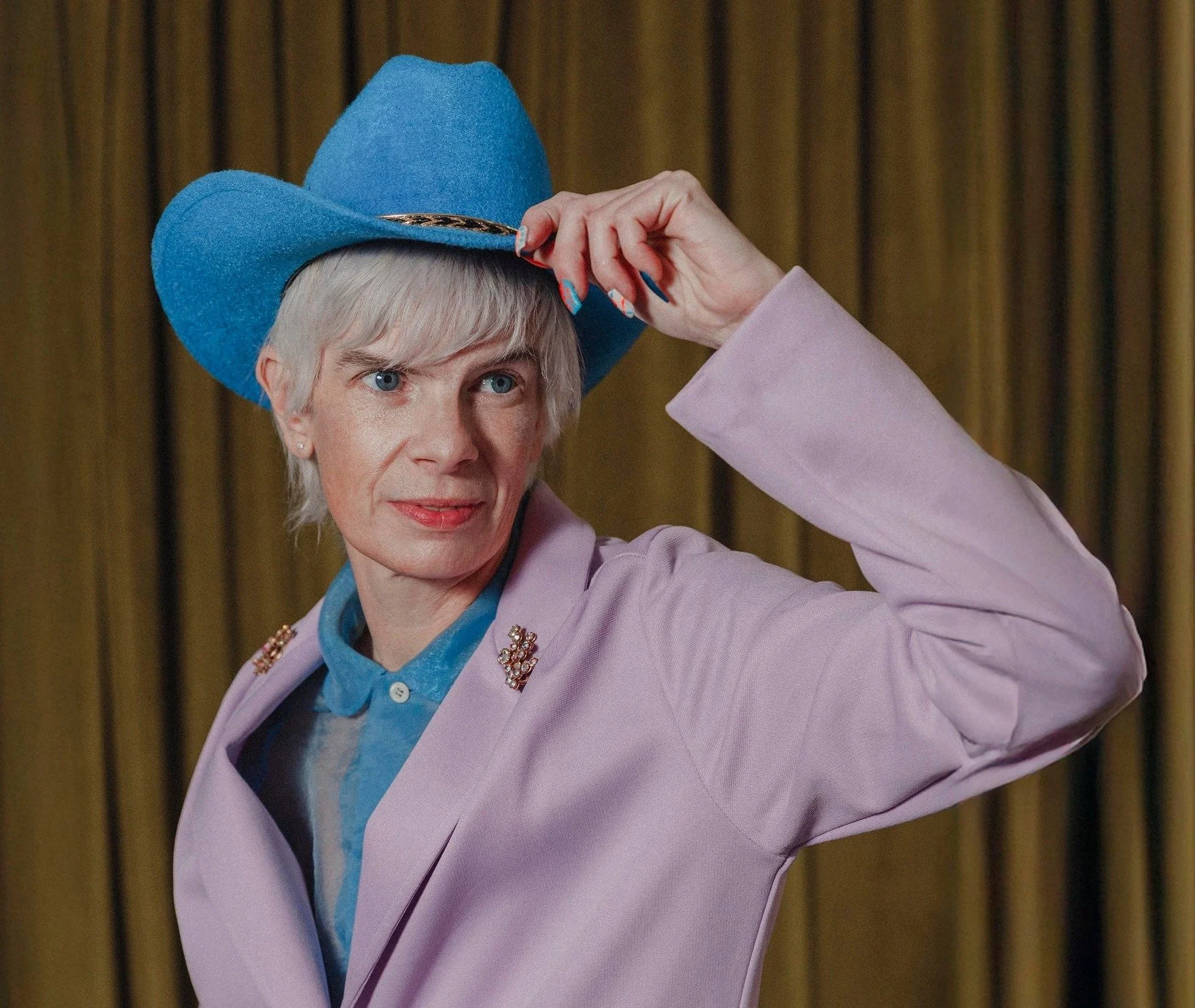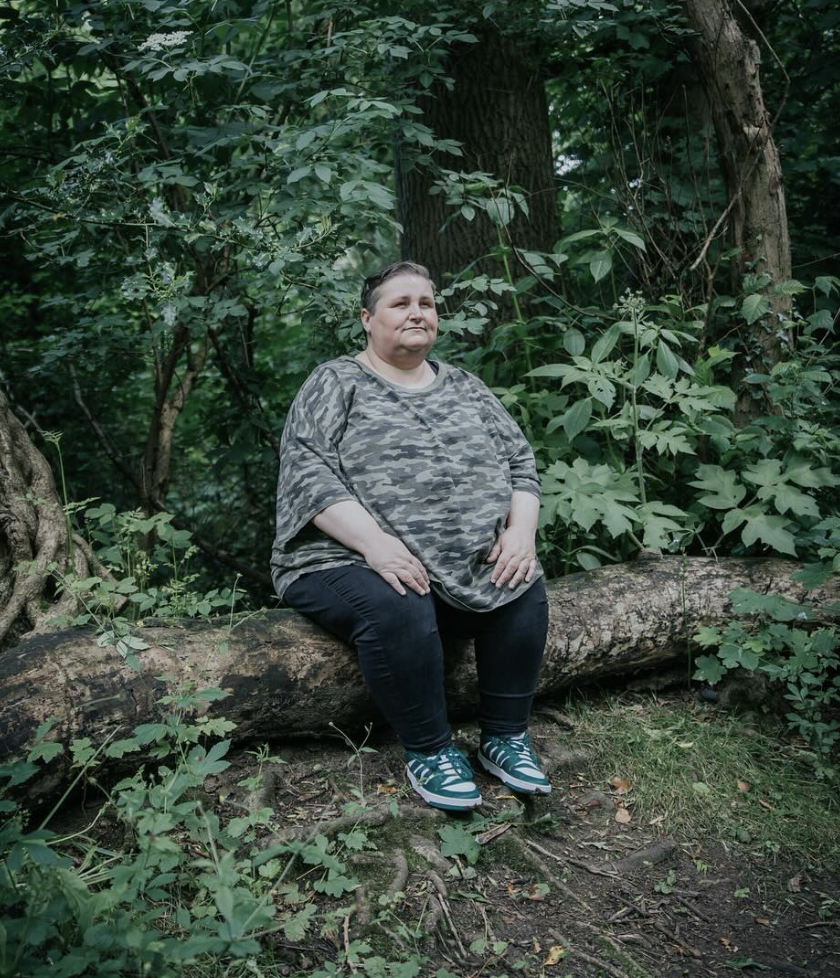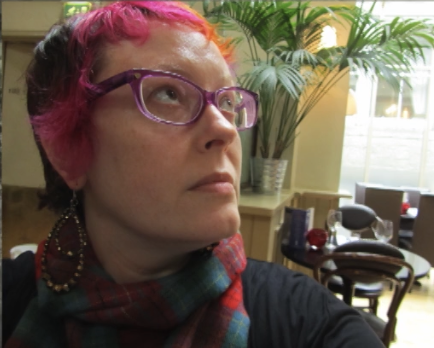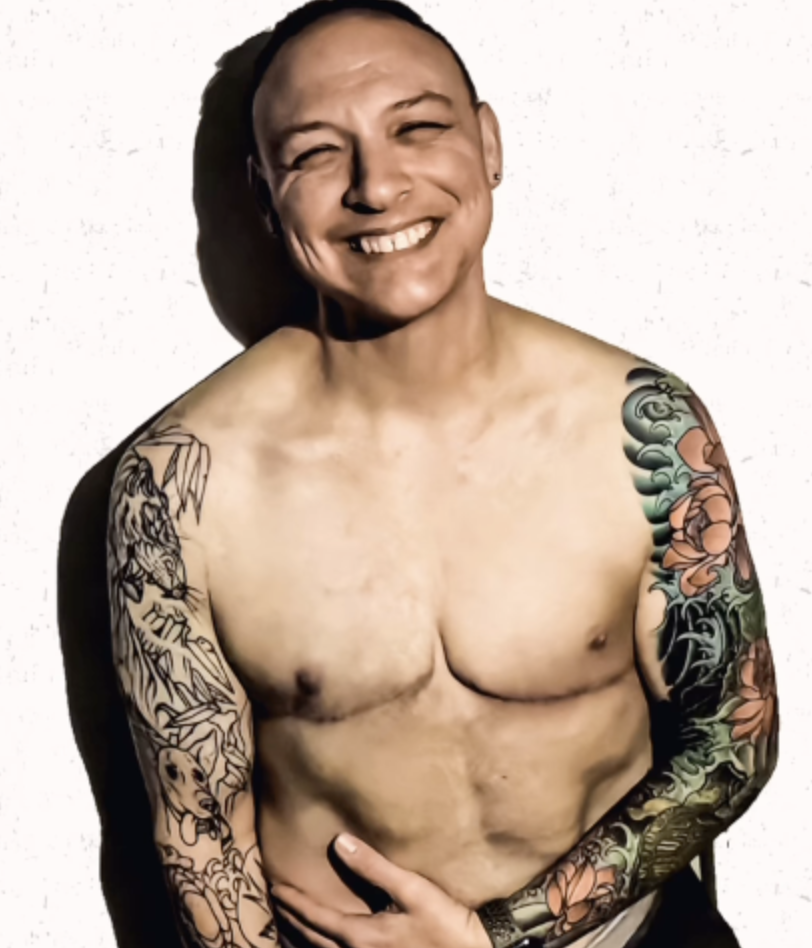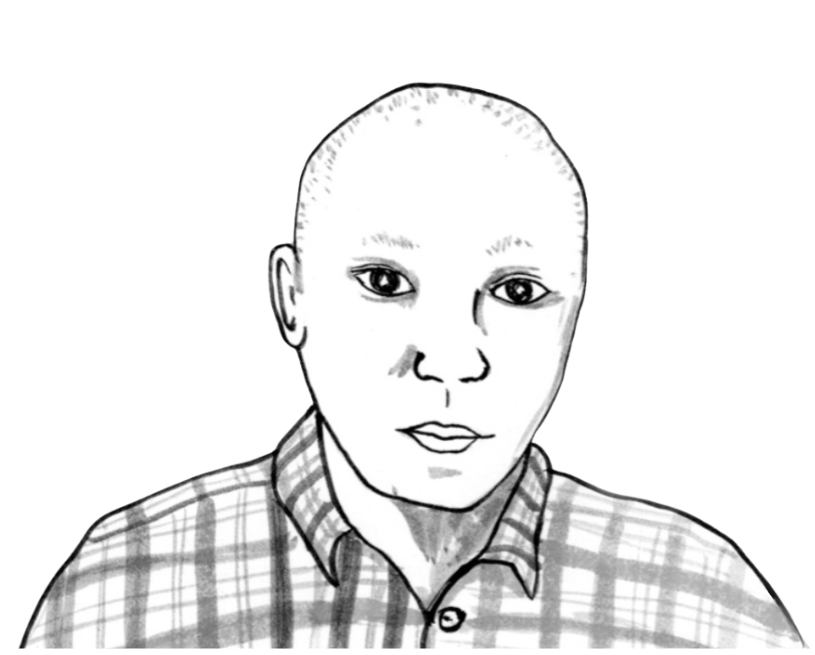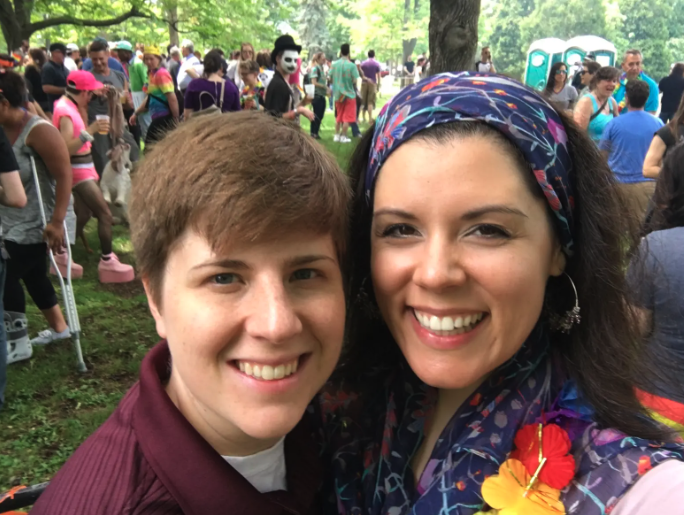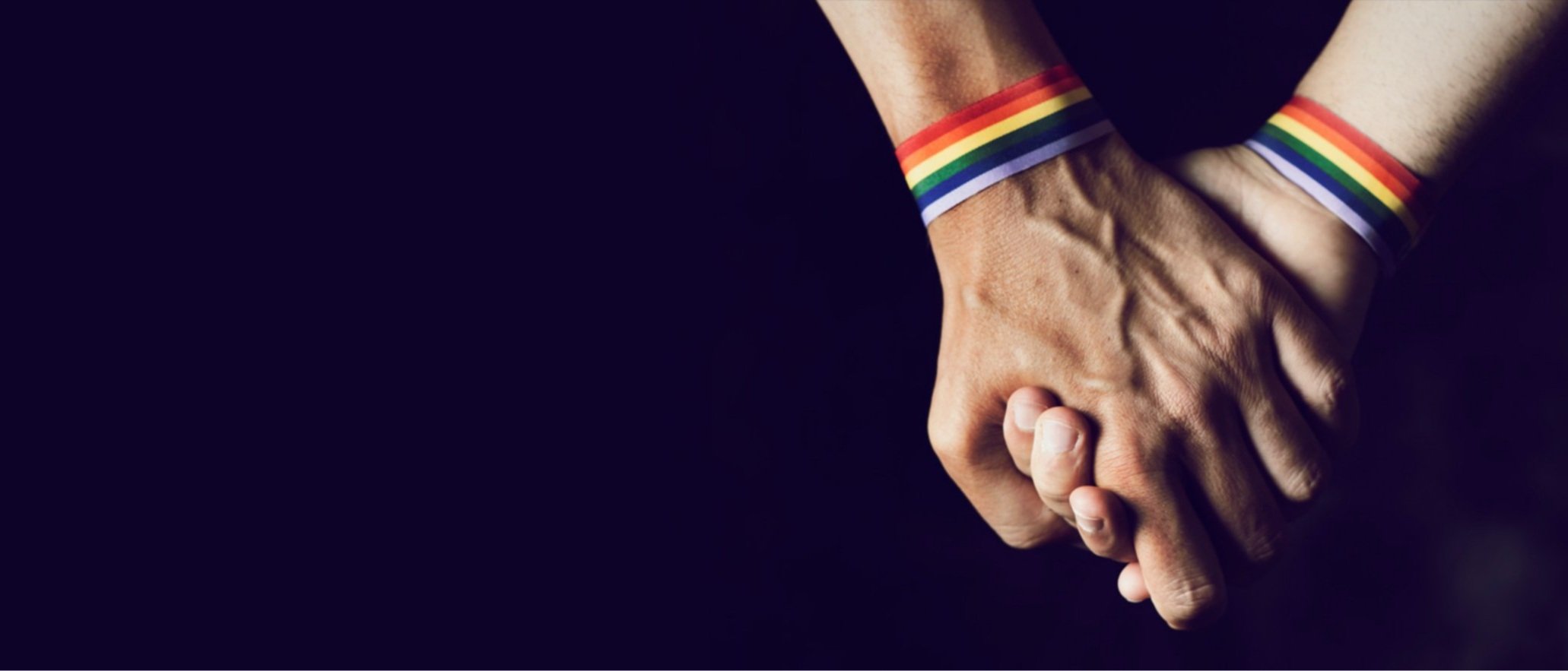Stories
Stories are a powerful tool for communication, support, and building community.
Our story collection includes links to first hand accounts, digital stories, articles, comics, zines, anthologies and more. Click on the coloured tags to view by topic.
“Our stories are important. Our stories are sacred...and my story is sacred. Being able to connect with other queer people who have experienced cancer, it makes it feel like the experience is less isolating. ”
Transpire by transcancerzine
Transpire is a compilation of experiences by trans cancer patients edited by Charlie Manzano & Roman Ruddick with illustrations by Van Binfa.
Marks of majesty: breast cancer & art
An inspirational art project, showcasing people impacted by breast cancer, including folks that are non-white, pre-menopausal, queer or transgender.
Redefining life after diagnosis
Farrah Khan discusses systemic health disparities & how her diagnosis profoundly changed her perspective on life and priorities
Strength in spirit, medicine, & community
Chief Allan Polchies of Sitansisk First Nation in New Brunswick was diagnosed with colorectal cancer at 41.
“We walk through life in a different way”
San Diego journalist Jerry McCormick was diagnosed with prostate cancer in 2025. He shares his experience as a gay Black man to advocate & educate.
Zizi & Alex, a cancer love story
Zizi Britten Zondani was diagnosed with Malignant Peripheral Nerve Sheath Tumor (MPNST). In this moving video, Zizi & her partner Alex talk about how Zizi’s diagnosis has impacted their relationship.
ENBY breast/chest cancer
Mike, a non-binary illustrator, animator, designer, & filmmaker from Calgary, discusses their breast/chest cancer & navigating gendered spaces.
Gender, cancer care, & creative survival
Rae Spoon is a non-binary singer-songwriter from Calgary, Alberta. Recently their creativity has been influenced by their experiences with gynecological cancer.
Hushed voices & red faces
Sarah-Jane discusses living with advanced gyne cancer & the effects of fat bias, medical misinformation & homophobia.
Medical bias & missing the signs
As a young woman, Jennifer Trefzger was diagnosed with stage 4 colorectal cancer. Her diagnosis was a result of a surprise finding through routine bloodwork as part of her gender-affirming care.
Doing cancer, queerly!
Mel Erwin has stage 4 lung cancer. Her cancer co-pilot is her fiancee, Sarah. Together 8 years, & coming out later in life, Mel shares what it’s like for her living queerly in cancerland.
Coming out
A digital story (video) from the Cancer’s Margins project exploring bisexuality & breast cancer.
“In that moment, everything changed”
Ash's breast/chest cancer was found after his top surgery leading to gruelling treatment & also to a redefining of self.
Queer in common country
Kara Sievewright’s comic highlights her partner's experiences within a flawed, cisnormative healthcare system.
Love, death, & visibility
The documentary tells the story of Kim Acquaviva & her wife, Kathy Brandt, who died of cancer in 2019 at the age of fifty-four.
"Dysphoria can be really crippling"
James lives in Newfoundland and Labrador. He was diagnosed with stage 4 endometrial cancer in 2021.
Navigating ovarian cancer as a trans man
Tristan Bilash was diagnosed with advanced ovarian cancer in his 30s. His diagnosis & treatment were entwined with his gender dysphoria & his developing identity as a man of trans experience.
Pride, power, & patienthood
Diagnosed with cancer at 27 & living with a genetic cancer risk, Tara Baysol navigated years of surgeries and care while facing added barriers as a lesbian patient in a flawed healthcare system.


